It is getting harder and harder to find food that actually has on the label what is inside. I was sharing with you about glutamine peptides and wheat the other day. As well I have talked a lot about various ways corn gets into our food, and chemicals. But what about your favorite healthy fats?
Olives are one of my favorite healthy monounsaturated fats. I love a nice big salad with a fresh extra virgin olive oil and lemon juice dressing. However we're not always getting what we want, and the same is true of this. Monounsaturated fatty acids or MUFA's are what makes the Mediterranean diet so healthy. They're not only the healthiest fat, but for me it's one my body uses well. I tried the coconut oil in my diet, and the MTC oil, but I have to admit that it just wasn't for me. These healthy fats helped lower my bad cholesterol. I used a support team of algae oil, slow release niacin, red yeast rice, coq10 and my regular whole food supplementation and was able to lower my LDL level by 47 points in just three short months. However not all MUFA's are created equal, so choose your healthy fat wisely.
Authentication tests at UC Davis in 2011 tested 124 different samples and uncovered that two-thirds of common brands of extra virgin olive oil being sold in California were not virgin and many had other oils like GMO soybean oil and GMO canola oil added in. Since then we seen this more and more. There was the 85 farms where 23 people arrested for their oil fraud. In fact a well known spanish EVOO company was busted and the two business owners were thrown in jail for selling faux extra virgin olive oil that was really a mix of 73% sunflower oil! One of my biggest allergies is to sunflower and so that really irks me in a way you can only imagine.
So how do you recognize genuine extra virgin olive oil? First off if it's cheap (less than $10 a liter) it's probably not all EVOO. Look for certifications like the IOC (International Olive Oil Council) and USDA Certified Organic. Look and see if they have a harvesting date on the label, and stay away from those labeled light or pure. Olive oil like all oils will suffer from oxidation. If it's not in a darker bottle, then it isn't worth protection. Also if you put your olive oil in the fridge and it doesn't get cloudy or thicken, it's been blended with something else. In fact you can't even tell in salad dressings that are already blended. And in many restaurants the olive oil is cut with canola oil. So your best bet is to be educated and choice wisely.

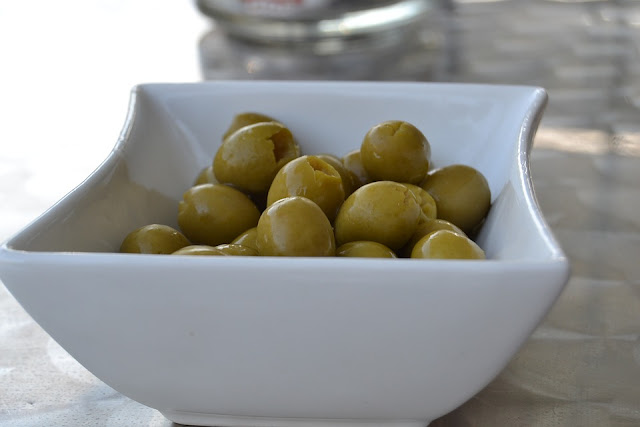




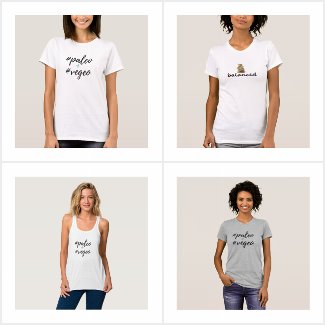

















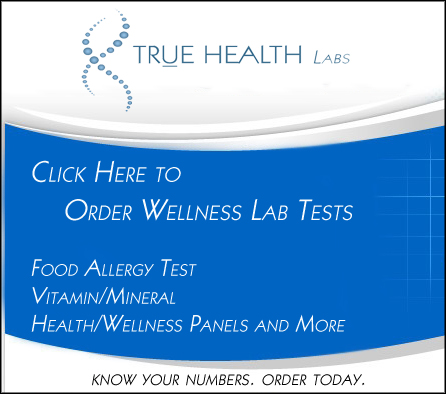






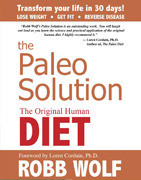
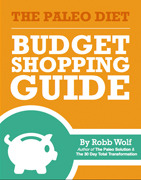





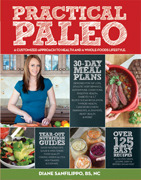
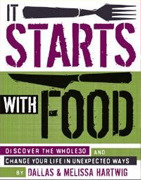
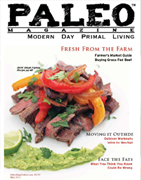
0 comments:
Post a Comment